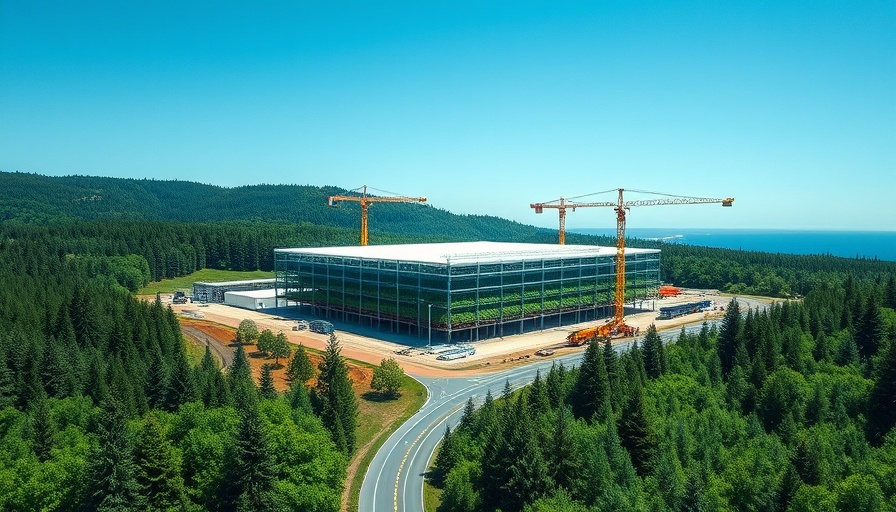
How Klim is Pioneering Carbon Insetting in Agriculture
Klim, a German startup, is making waves in the agriculture sector by addressing the significant challenge of carbon emissions in supply chains. Many corporations, particularly in the agrifood industry, are grappling with their Scope 3 emissions, which account for an astounding 90% of their total carbon footprint. Klim offers a transformative solution: instead of relying on external carbon offsetting, it facilitates insetting projects that directly improve the sustainability of the farmland from which corporates source their products.
A New Approach to Regenerative Agriculture
Through its innovative digital platform, Klim empowers farmers to adopt regenerative agricultural practices. The platform offers a suite of tools, including agronomic support and transition capital, enabling farmers to implement sustainable practices effectively. Currently, over 3,500 farmers are using Klim's platform, which now spans roughly 5% of all German farmland. This strong adoption highlights Klim's capacity to drive change at a systemic level.
Corporate Partnerships and Future Goals
In 2024, Klim experienced substantial growth, forged new partnerships, and enhanced its product offerings. Significant collaborations with food giants like ADM have bolstered its reach and influence. Looking ahead to 2025, Klim aims to broaden its impact by integrating more food companies into its platform and onboarding new customers. Klim's mission emphasizes not only climate change mitigation but also enhancing food security and farmer profitability through regenerative agriculture.
Why This Matters for the Poultry Industry
For professionals in the poultry industry—managers, suppliers, and executives—understanding the shift towards carbon insetting is crucial. As demand for sustainable practices grows, companies that adapt to these trends will not only comply with regulatory pressures but also enhance their brand loyalty and market position. By embracing collaboration with platforms like Klim, poultry operations can optimize resource use, improve animal welfare, and contribute meaningfully to sustainability goals.
Final Thoughts
As Klim continues on its trajectory, the importance of its model may inspire industry-wide changes in how agricultural practices are executed. The collaborative efforts in transforming supply chains can build a healthier planet, benefiting both producers and consumers alike. For those in the poultry sector, the opportunity to engage with such transformative changes is not just beneficial but potentially essential for future resilience.
 Add Row
Add Row  Add Element
Add Element 



 Add Row
Add Row  Add
Add 
Write A Comment